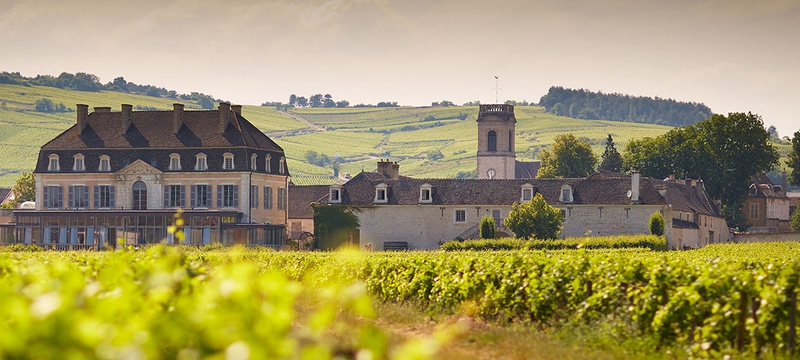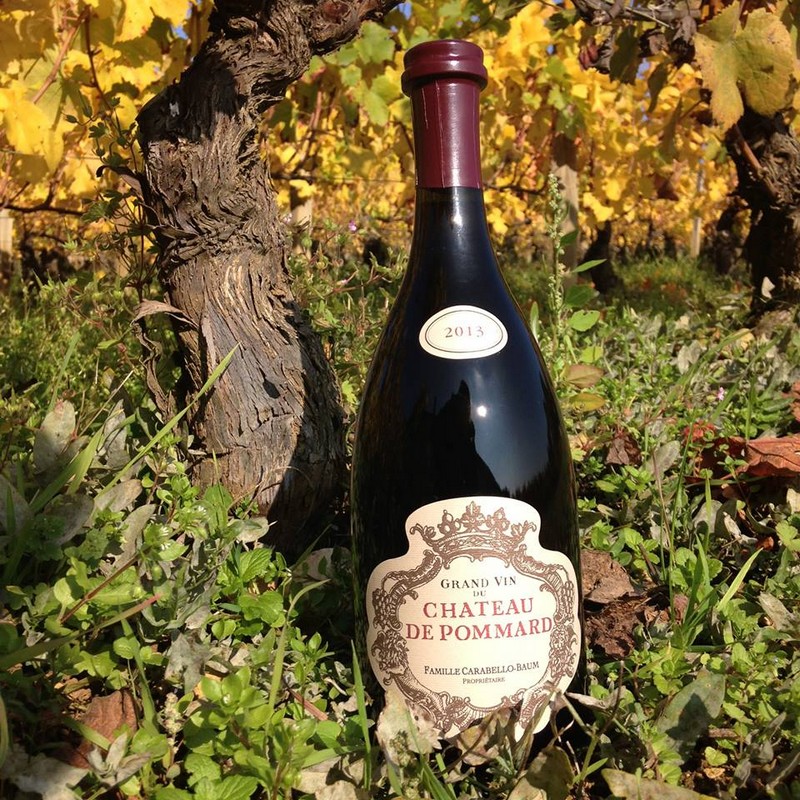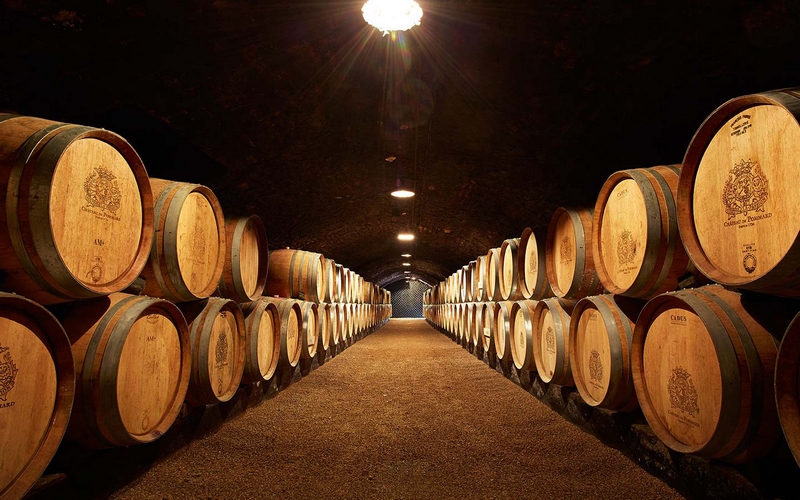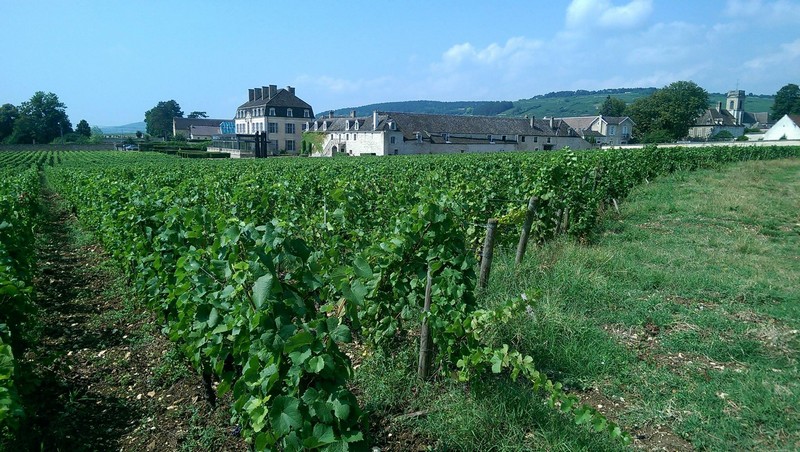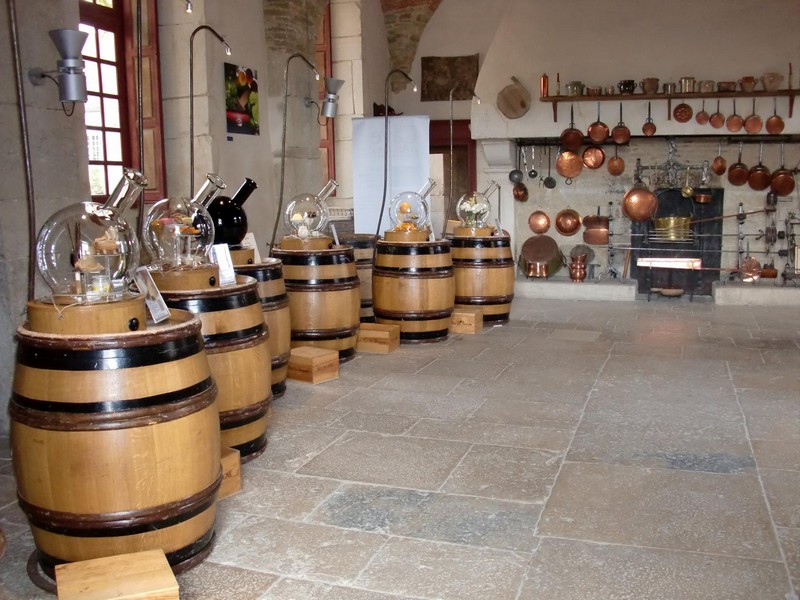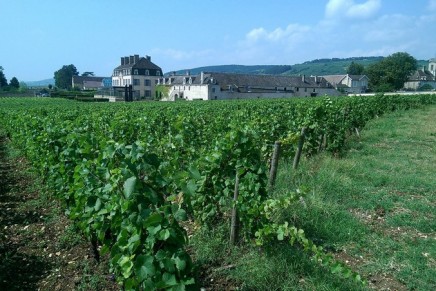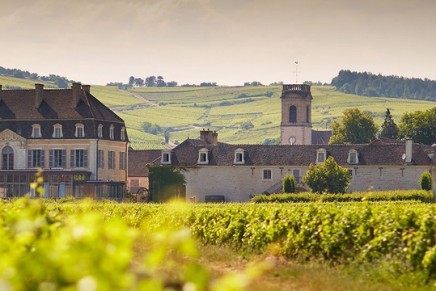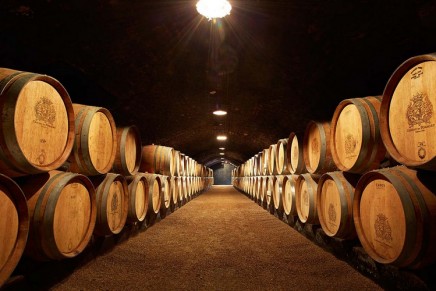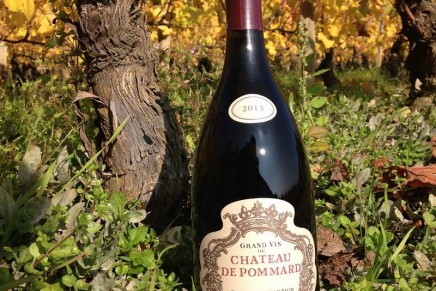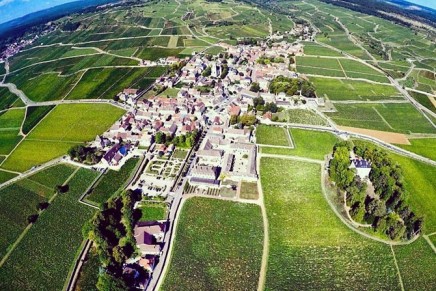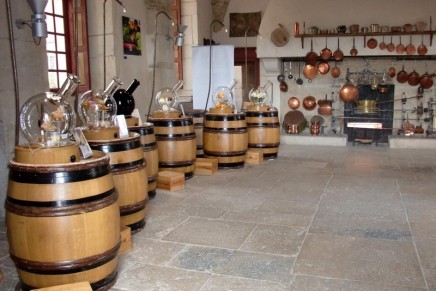Château de Pommard Restores Clos Marey-Monge Designation.
French Château de Pommard has existed for 300 years, thanks to the Micault family, one of the oldest in Pommard, the comune in the Côte-d’Or department of Burgundy in eastern France, famous for its Côte de Beaune wine production. As a counsellor of King Louis XV, Vivant Micault began the construction of the Château in 1726, remaining faithful to pure French Regency architecture. The philosophy of Château de Pommard is simple: to produce a wine that encourages shared moments of history, flavour and passion, all in one glass. Today, Château de Pommard belongs to the Carabello-Baum family, the fifth family since 1726 to manage and maintain the estate, considered to be unmissable Burgundy experience and a truly breathtaking destination.
This May, Château de Pommard announced the restoration of its historic walled-enclosed vineyard to its original title – Clos Marey-Monge.
“The team at Château de Pommard is delighted to have the opportunity to reappoint the Clos Marey-Monge name. We take great care to constantly consider the historical legacy of our vineyards and the region’s historic roots. Restoring Clos Marey-Monge to its earliest designation is a step to blend local traditions with forward thinking,” said Michael Baum, owner.
“The team at Château de Pommard is delighted to have the opportunity to reappoint the Clos Marey-Monge name. We take great care to constantly consider the historical legacy of our vineyards and the region’s historic roots. Restoring Clos Marey-Monge to its earliest designation is a step to blend local traditions with forward thinking,” said Michael Baum, owner of the Château de Pommard.
Developing over a series of tiered phases, and beginning early in this year’s season, Château de Pommard also announced its conversion to biodynamic wine production.
Since 2007, Château de Pommard’s technical director, Emmanuel Sala, has produced all of the château’s wines. His simple philosophy, “to nurture and develop the specific vintage, to listen to nature and never upset its balance,” is a belief built on many years of local knowledge and intuitively understanding the region’s landscape. Remaining true to this vision, as well as his insistence to maintain a high quality yield, Emmanuel is committed to converting the Clos to biodynamic production. “Such a project fits into my perception of wines,” enthuses the winemaker. “Biodynamic winemaking incites me to listen to nature, to fully understand our terroir and the vines, and to retransmit this sensitivity through our wines.”
The Château’s first organic vintage will be available in 2018.

